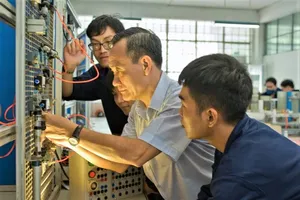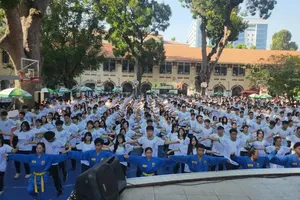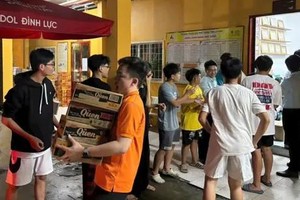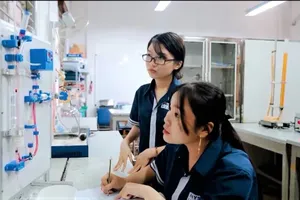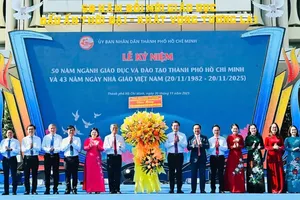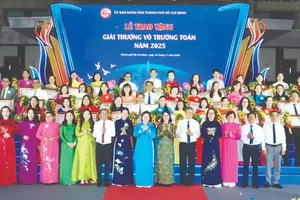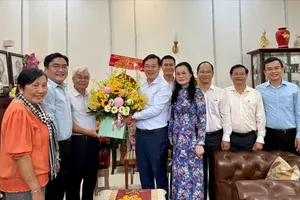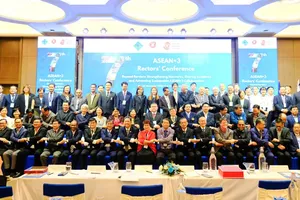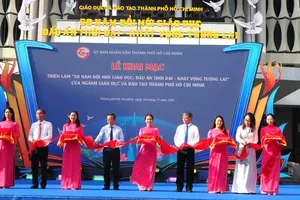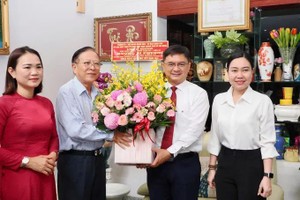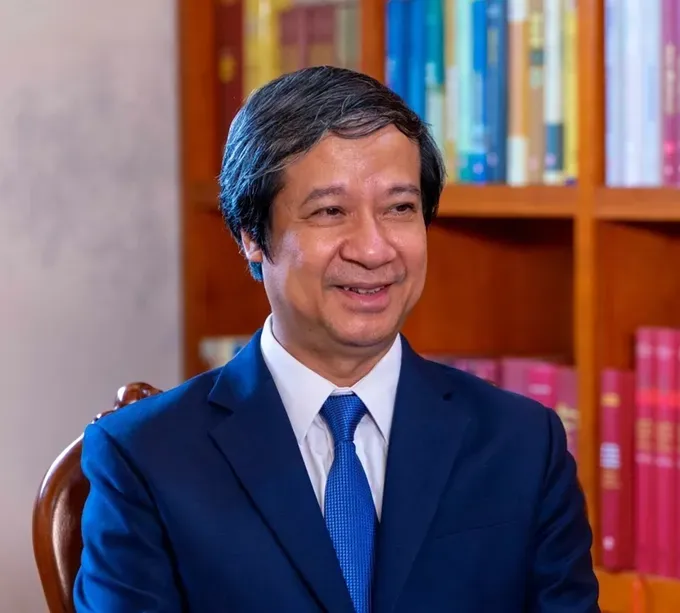
First, Minister of Education and Training Nguyen Kim Son explained how the 2018 General Education Program should be implemented in the new school year of 2025-2026.
The Ministry of Education and Training (MoET) will conduct a comprehensive review of the program to assess its success in developing student qualities and competencies. This review will identify strengths and weaknesses to propose corrective measures, ensuring the program’s long-term effectiveness with objective, student-focused adjustments.
As to the ministry’s stance on managing extra classes, the MoET maintains its long-held position that while extra classes may offer some knowledge consolidation, they contribute little to a person’s overall development. The profound, negative consequences of rampant private tutoring demand continued and decisive intervention.
Therefore, in the 2025-2026 school year, the MoET will continue to direct and urge localities to issue formal regulations for managing extra classes. This aims to strengthen governmental accountability while requiring educational institutions to focus on the effective implementation of the official General Education Program.
Regarding the organization of all-day schooling (two sessions per day), the MoET has instructed schools to develop educational plans that clearly articulate the mobilization and use of resources for implementation where conditions permit. These plans must detail the content, duration, and target student groups, while ensuring teacher assignments are reasonable and compliant with regulations.
A key focus is on differentiated instruction, nurturing gifted students, providing revision for final-year students, and supporting those who are underperforming. Funding for the second session is primarily secured by the state budget, per the Prime Minister’s directive, with any social contributions adhering to current regulations.
Moving forward, the MoET will coordinate with the Ministry of Finance and local authorities to establish specific policies for financing this model.
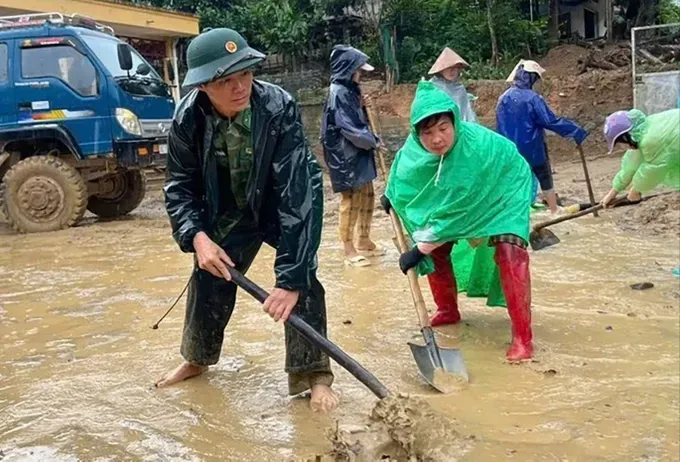
Moving on to the matter of specific time to pilot computerized national high school graduation exams, Minister Nguyen Kim Son informed that in preparation for this pilot from 2027 as directed by the Prime Minister, the MoET is concentrating on several key initiatives.
It is developing a comprehensive proposal for the exam’s organization, which will be submitted for Prime Ministerial approval in 2026. It’s also mobilizing experts to build a standardized question bank, slated for use in 2027, and formulating the necessary procedures and regulations for computer-based testing.
Furthermore, nationwide training and workshops are being organized, and it’s continuing its collaboration with the Government Cipher Committee on the secure transmission of exam materials and other critical security aspects.
Currently, the ministry is preparing the examination software system and is set to begin trials in various localities. It is anticipated that a pilot program involving over 100,000 students will be rolled out within this academic year.
Turning to the changes in teacher recruitment and policies applied in this academic year, the Minister shared that following the National Assembly’s passage of the Law on Teachers, the MoET has been developing a comprehensive set of implementation guidelines.
Specifically for recruitment, it is drafting a new circular that will likely assign provincial Departments of Education and Training as the lead agencies, or advise provincial authorities on appropriate decentralization.
This approach aims to reduce administrative intermediaries and synchronize recruitment quality, allowing a single application to be considered by multiple schools. It’s designed to save costs, expand opportunities for candidates, and help rectify localized teacher shortages or surpluses, ensuring a balanced staffing structure across all educational levels and subjects.
The MoET is also drafting a decree to detail specific articles of the Law on Teachers, including the content and format of recruitment. The plan is for a two-round process, consistent with current civil servant recruitment.
However, the second round, focusing on professional expertise, will be distinctively redesigned to mirror the practical realities of teaching. It will ensure a robust assessment of a candidate’s pedagogical skills for their specific grade level. This is expected to be a significant innovation, addressing the previous limitations of applying a generic civil service framework to the unique demands of the teaching profession.
The ministry is also finalizing draft regulations on salaries, allowances, and other policies to attract and support educators. Under this proposal, the base salary for all teachers is projected to increase by a minimum of approximately VND2 million (US$80) and potentially as much as VND5-7 million ($200-$280) per person per month. This increase applies only to the base salary and does not include other allowances.
Finally, Minister Nguyen Kim Son sent his message to teachers and students for this new school year. The 2025-2026 academic year is critically important, presenting the education sector with major tasks to accomplish and significant opportunities for innovation.
The keyword for this year is “implementation”. The focus is on rigorously implementing the educational policies of the Party and State, along with the 10 key tasks and solutions set by the sector itself. This is how it will overcome existing challenges and forge new paths for Vietnamese education.
Education is a centennial endeavor; it demands vision, persistence, fairness, and the utmost responsibility. He, therefore, calls upon everyone in the sector, from administrators to teachers and staff, along with all students, to prepare with the best possible mindset and conditions. Let Vietnam unite and join forces to make this new school year a busy, but joyful and successful one.





